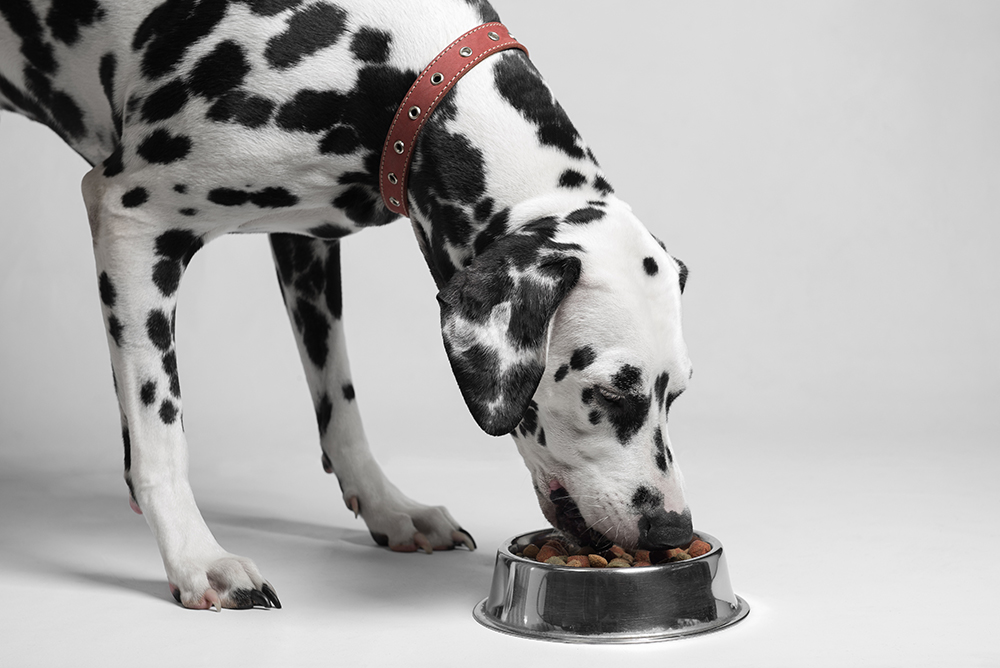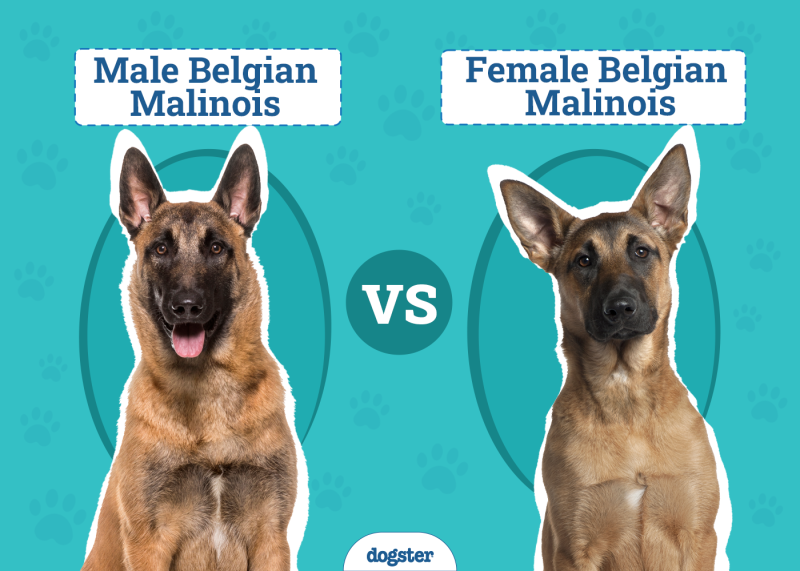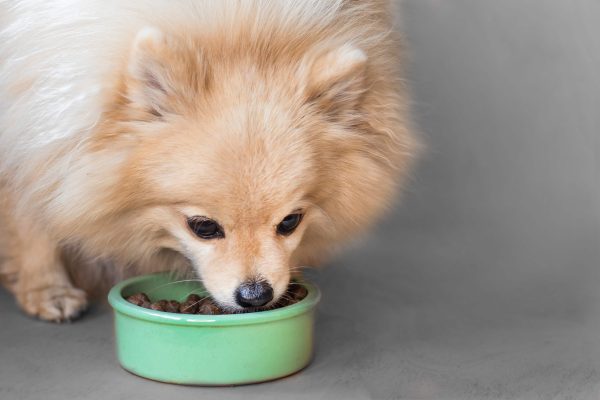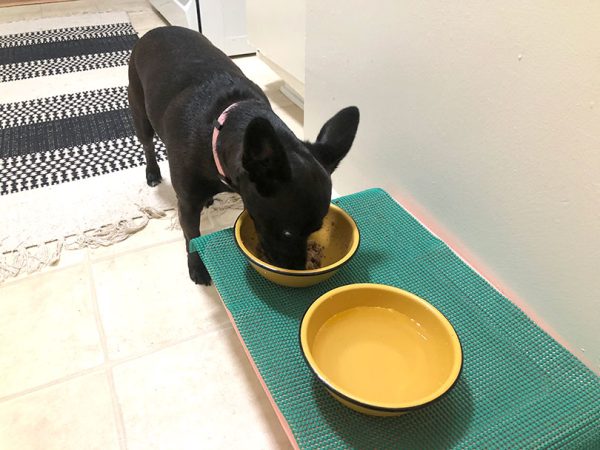In this article
Every dog enjoys the occasional treat added to dog food. Dog owners love to spoil their canine kiddos with extra treats, as they worry about them getting bored eating the same thing day in and day out. However, you should ensure whatever extra treat you give your dog is healthy and not harmful. Rice is always a nice option to add to dog food as an extra. It’s mostly known that white rice and brown rice are safe to give your dog in moderation, but can dogs eat jasmine rice? In short, jasmine rice is safe to give your dog in moderation.
Read on to learn about the health benefits of jasmine rice for dogs and how often you can give it to your pup.

Are There Health Benefits of Jasmine Rice for Dogs?
Jasmine rice is a soft, long-grain rice from Thailand with a pleasant aroma that offers potential nutritional benefits for dogs, such as boosting immunity, improving digestion, and providing minerals like manganese and magnesium that aid in regulating bodily functions. Manganese can help protect the body from cancer, and magnesium can help support your dog’s metabolism and provide energy.1
Jasmine rice also contains vitamins B1, B6, as well as the mineral phosphorus, which all play a part in your dog’s overall health. Jasmine rice is also a good short term option for easing diarrhea in dogs because it is easy to digest.

How Often Can I Give My Dog Jasmine Rice?
Jasmine rice is a carbohydrate. Carbohydrates are usually already contained in your dog’s regular dog food, so additional carbs are not necessary. Carbs play an important role in your dog’s health, such as providing energy and supporting digestive function and health. However, you don’t want to overload your dog with extra carbs because it can cause weight gain, and that alone can lead to health problems.
While jasmine rice is relatively healthy for dogs, giving it in moderation is important so that you don’t alter the overall proportions of nutrients for a healthy diet. We recommend consulting your veterinarian before giving your dog any type of rice if your dog is diabetic.
Extra treats should only account for 10% of your dog’s daily diet, and rice is seen as mostly an extra treat. That said, only give your dog ½ cup to ¾ cup, no more than three times per week. Ensure the rice is cooked, and never add seasonings or spices.

Is Jasmine Rice Better Than White or Brown Rice?
We know jasmine rice is safe for dogs and offers some nutritional benefits, but what about brown or white rice? Brown rice is harder to digest for dogs but does provide nutritional benefits, such as a fiber boost, providing B vitamins, manganese, magnesium, and amino acids. White rice provides less fiber, but it can offer relief from diarrhea. It is not recommended to use a white meat and rice diet for more than 24 hours for diarrhea without the instruction of your veterinarian.
If you need to speak with a vet but can't get to one, head over to PangoVet. It's our online service where you can talk to a vet online and get the advice you need for your pet — all at an affordable price!
Tips for a Healthy Diet

Always feed your dog good quality dog food suitable for the breed size and age. Avoid grain-free dog foods unless your dog has a grain allergy, as the inclusion of grains is beneficial. There is also ongoing research looking to determine if grain-free dog foods can potentially cause dilated cardiomyopathy in dogs, so proceed with caution if you feed your dog a grain-free diet.
Monitor your dog after feeding jasmine or any other rice to ensure no allergic reactions occur, as some dogs are allergic to grains.
- Itchy skin
- Itchy paws
- Itchy ears
- Lack of energy
- Weight loss
- Vomiting and/or diarrhea
- Poor skin and coat

Final Thoughts
Overall, dogs can have jasmine rice sometimes and it even provides some nutritional benefits, but it’s important to only give it in moderation due to the extra carbs your dog will receive. Providing ½ to ¾ cup on occasion is plenty. If you don’t have jasmine rice on hand, brown or white rice is acceptable, too.
See Also:




















